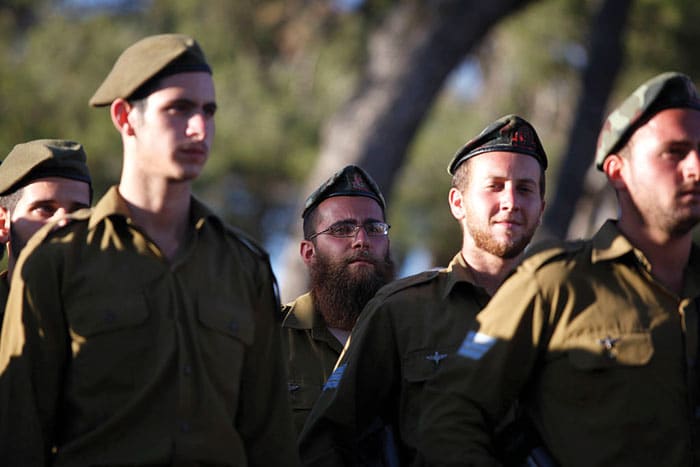
The IDF Chief of Staff, Herzi Halevi, spoke of a “historic opportunity to expand the sources of recruitment for the IDF.” He did not say “ultra-Orthodox”. He didn’t say “Yeshiva students.” But everyone knew what he meant. On Monday, Israel’s High Court heard a case concerning the ongoing travesty of the Haredi exemption from the military draft. The government finds itself in a bind: On the one hand, passing a law that further enshrines this exemption in the midst of war, when the burden of defense becomes so much heavier – would be publicly intolerable. On the other hand, without such a law the current arrangement is illegal: The exemption, and the budgetary system that supports it, are illegal.
So here we are, looking at this moment and wondering if the combination of war, government weakness and public mood indeed create a historic opportunity. But first, we must admit: Taking advantage of such moment is hardly a show of bravery. In fact, it is the opposite: The State of Israel should have canceled the exemption 20 years ago, or 10, or five, or three, or a year ago. It didn’t. Now some of its leaders are finally awakening to the need to provide the IDF with manpower, to contemplate doing what courage would have made them do a long time ago. Can we trust these leaders to take this “historic opportunity”?
Oct. 7 taught us that the IDF has an urgent need for additional manpower. Can the ultra-Orthodox solve this problem? Theoretically – yes. If all of them, more than 50,000, left their benches and joined the army, it would definitely help. But now let’s be realistic by assuming a best-case scenario. Next week the court cancels the funds that support the yeshivas, ultra-Orthodox politicians maneuver to find a solution, other politicians maneuver to win the support of the ultra-Orthodox, without upsetting the public by giving in to their demands. As long as this process continues, no Haredi will enlist in the IDF. And this is a process that will take a long time. The Chief of Staff requests additional personnel. He will get it, if he gets it, in a few years. In other words: historical moment or not, the ultra-Orthodox will not solve the manpower problem for this war.
So, what can be still achieved by taking the historical opportunity? Maybe the beginning of a process that dismantles the construct that turns ultra-Orthodox society into a social burden. The assumption that an opportunity has been created is based, among other things, on shifts in public opinion. A majority of the public supported the recruitment of ultra-Orthodox before, but now we see a certain change. What is the essence of the change? There is a big difference between principled support for recruiting ultra-Orthodox, and a practical support for the imposition of decrees that may lead to the recruitment of ultra-Orthodox. Some people supported recruitment in the past, but now we also see a rise in support of actual moves, including sanctions, to make recruitment an actuality.
The dissolution of the current arrangement means a simple thing: The State of Israel will no longer fund studies for Israelis who do not serve. Full stop. Every family will face a clear choice – serve and get benefits, don’t serve, and get by on your own.
What we are likely to see in the coming months is a political maneuver to show that it is possible to recruit the ultra-Orthodox willingly and without confrontation. The only purpose of such a maneuver is to buy time until the window of historic opportunity is closed.
Now let’s ask what might happen instead: Everything that has already happened at similar junctions. There will be attempts to set “quotas,” or “targets,” for Haredi recruitment. There will be attempts to reach a “consensual arrangement” with the ultra-Orthodox representatives in the Knesset. What we are likely to see in the coming months is a multi-participant maneuver, the purpose of which is to prove that it is possible to recruit the ultra-Orthodox willingly and without confrontation. The only true purpose of such a maneuver is to buy time. To run out the clock until the window of historic opportunity closes.
I always thought that there is something dishonest in trying to claim that ultra-Orthodox can enlist in the IDF without the slightest risk to their identity as ultra-Orthodox. I understand why people make such claim: So that they can think about conscription without considering it as a move that is value-neutral. Israelis are basically telling the Haredim: We have no problem with the fact that you are who you are. We only have a problem with the exemption.
This is dishonest, and the ultra-Orthodox understand this better than anyone else. That’s why they are so adamantly opposed to the service. They understand – and we should too – that yes, for them, joining the IDF entails a certain educational risk. It means contact with other sectors, it means leaving the Haredi bubble, it means a lifestyle that prioritizes certain tasks over others. When the ultra-Orthodox send their sons and daughters to the IDF there will be a double risk involved. A contact with the enemy could maim of kill them – a contact with a friend could weaken their Haredi commitment.
So, let’s stop pretending this can be done without pain and struggle. A “historical opportunity” does not mean that reality spared us the need for difficult decisions and allows us to achieve our goals easily. Historical opportunity means that reality merely clarifies for us the essence of the decisions required.
Something I wrote in Hebrew
Indeed, there is a possibility that Israel will achieve neither the return of hostages nor the elimination of Hamas. This is an option that is clearly pointless to ask about in a survey, because no one wants it. Of course, there may be a possibility that Israel can get the hostages back now and eliminate Hamas later. If there is such an option, I assume that the support for it will be very high. But we all know that such an option is always a “maybe.” That is, it embodies risk. What is the risk? That we get the hostages back now and won’t be able to topple Hamas later. Do Israelis want to take such a risk? Apparently, most Israelis don’t necessarily want it.
A week’s numbers
There’s war outside, but inside Israelis are also worried about the future of Israel’s society. The war did not eliminate our social problems, but merely pushed them under a rug for the time being.
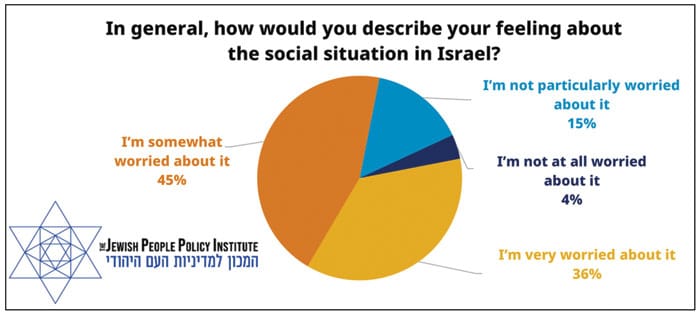
A reader’s response:
Avi Reiss asks: “What ever happened to the Bibi trials?” Answer: They are not over yet … they’re moving forward slowly.
Shmuel Rosner is senior political editor. For more analysis of Israeli and international politics, visit Rosner’s Domain at jewishjournal.com/rosnersdomain.







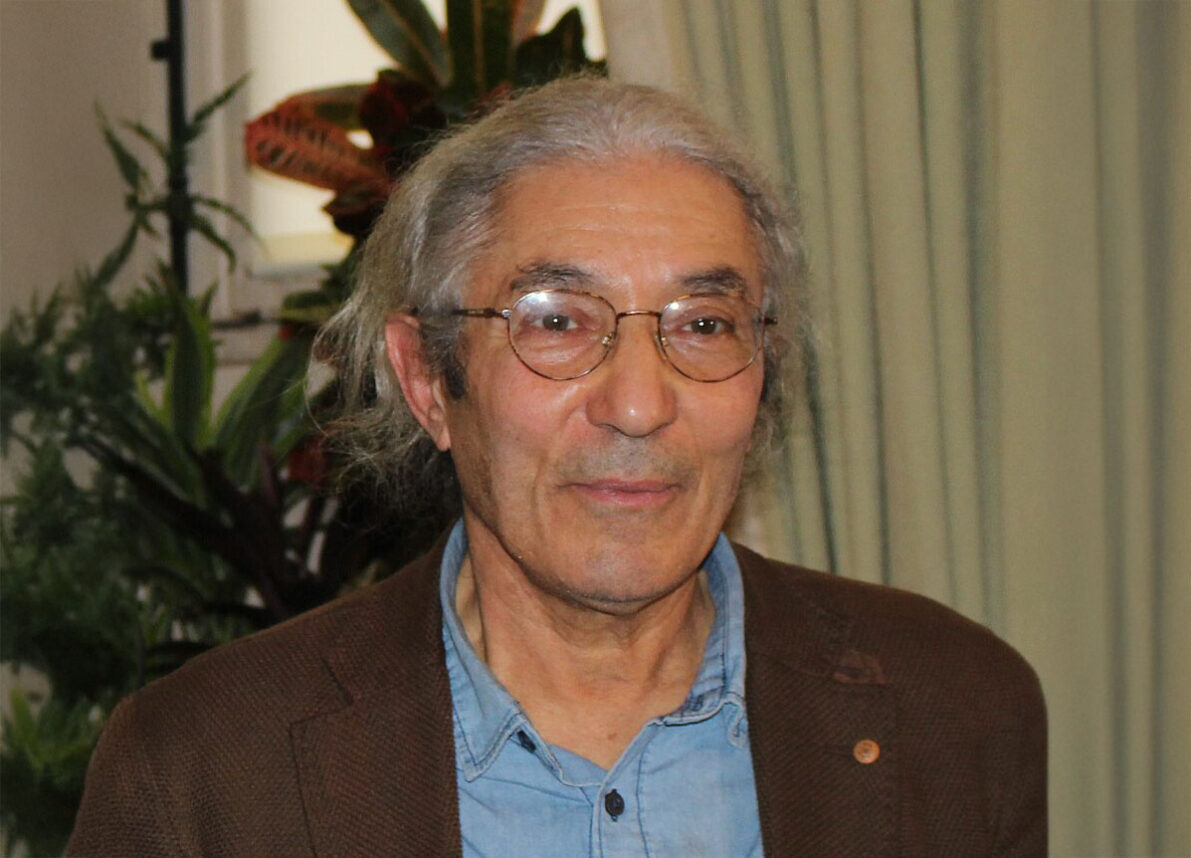


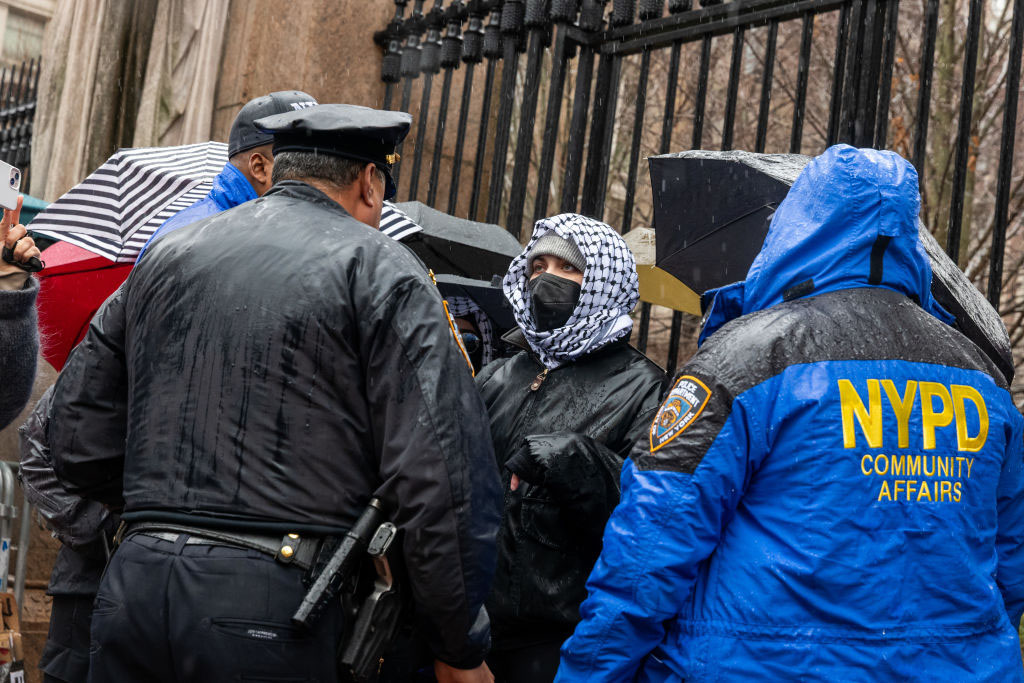
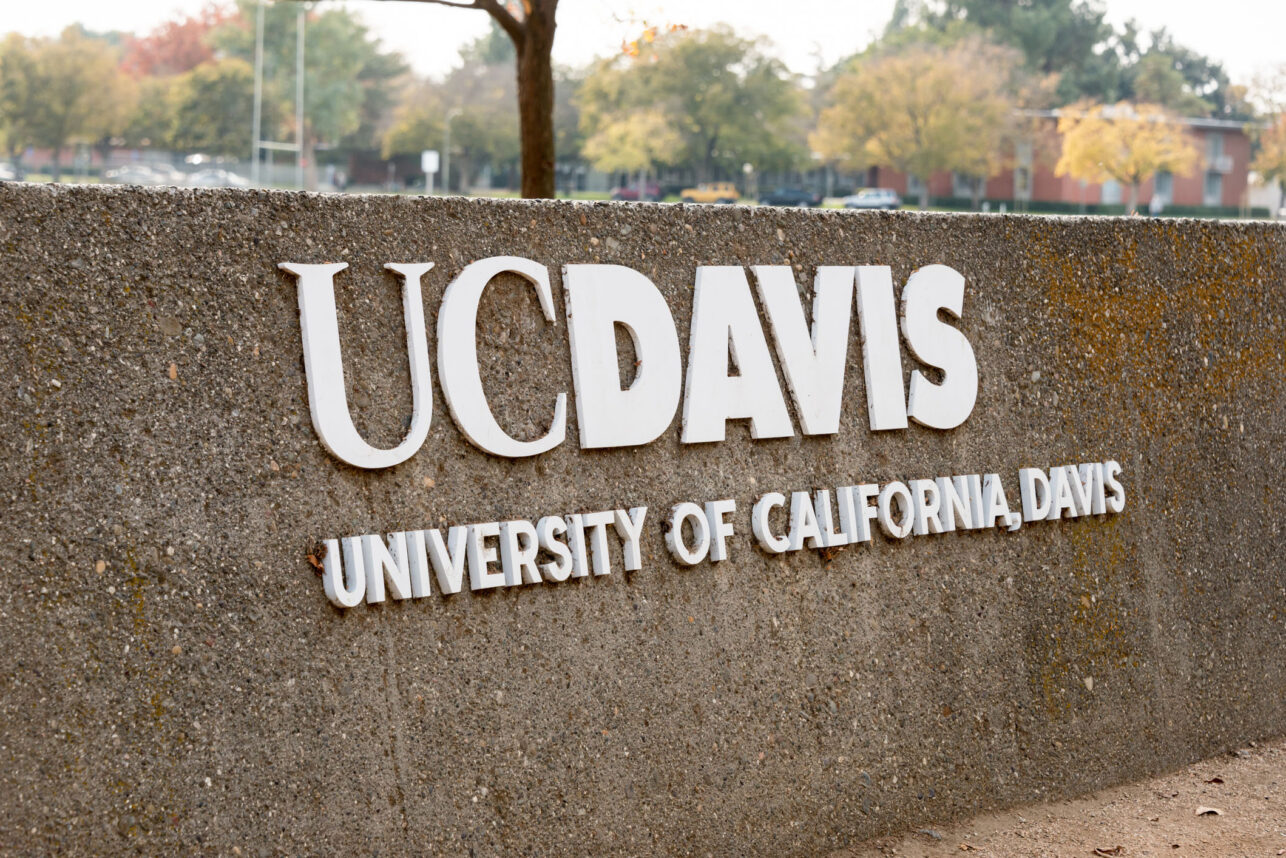
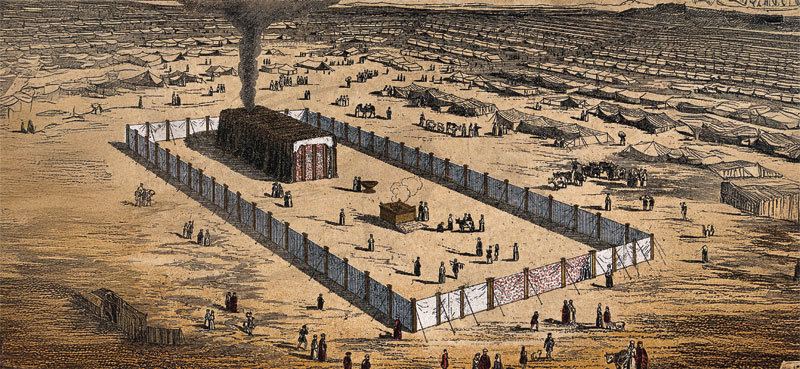



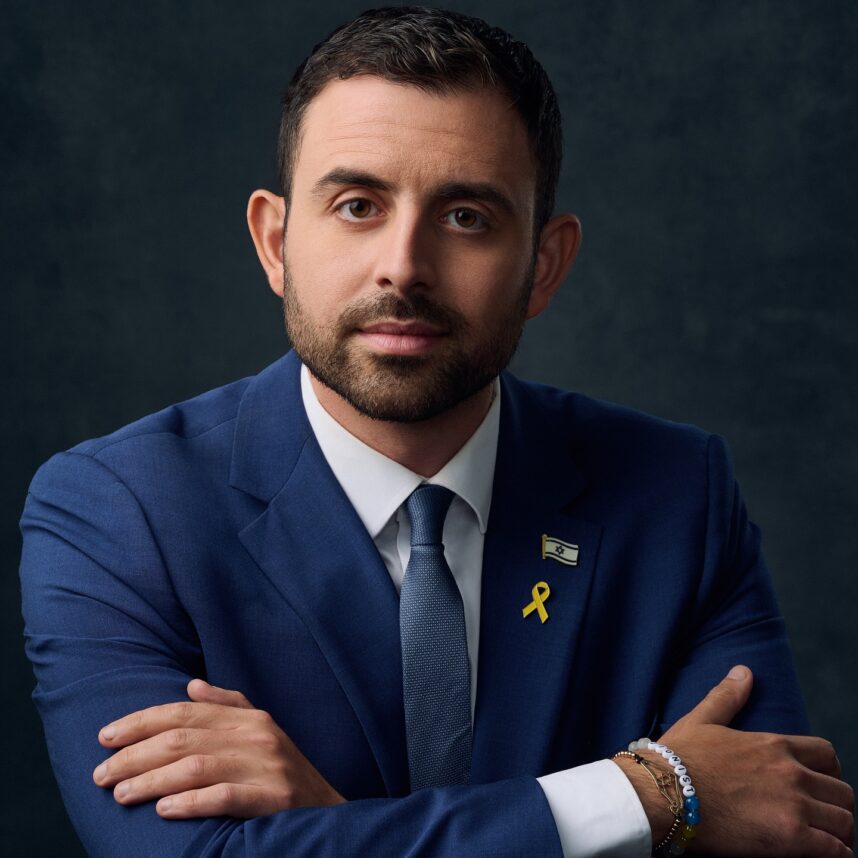







 More news and opinions than at a Shabbat dinner, right in your inbox.
More news and opinions than at a Shabbat dinner, right in your inbox.